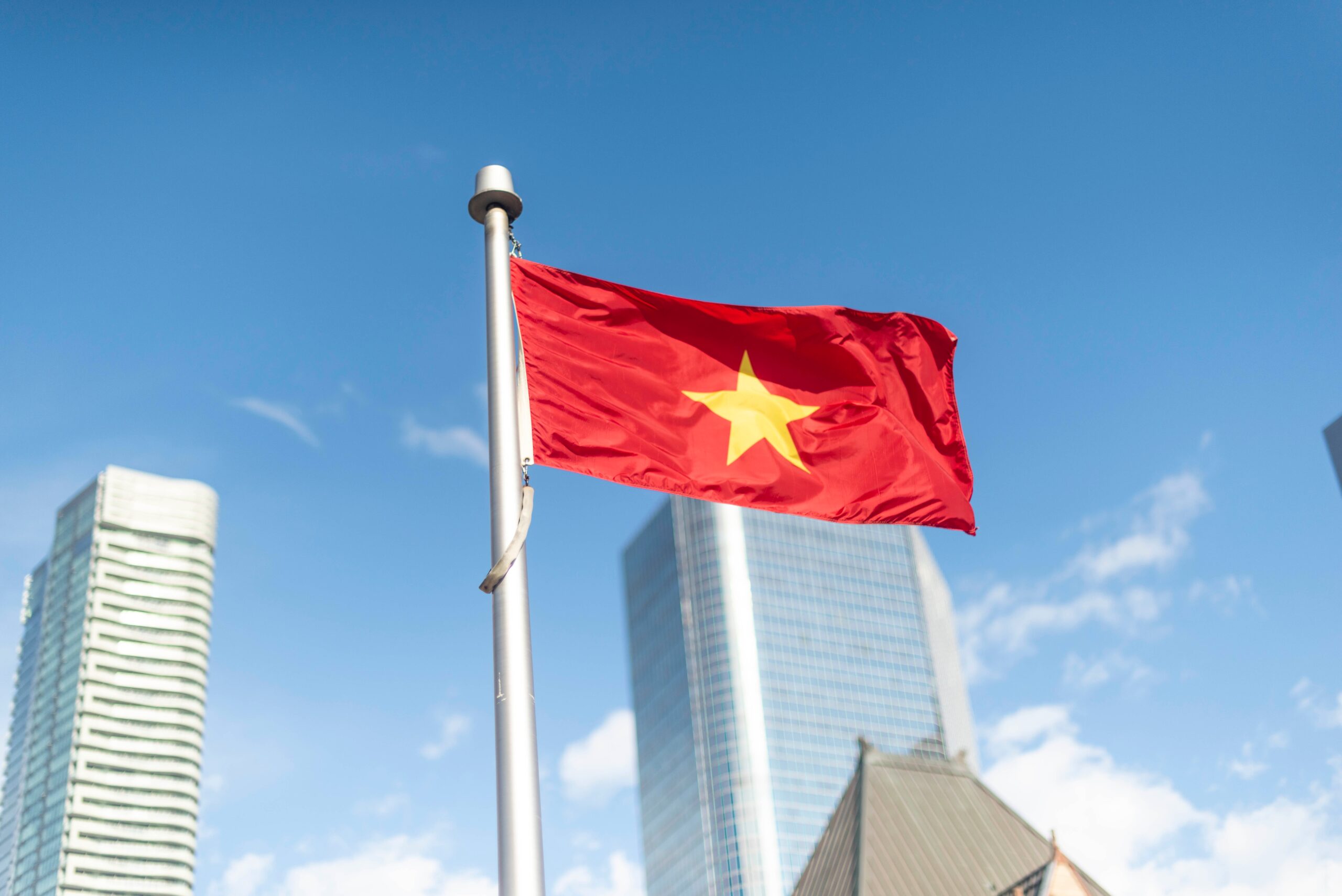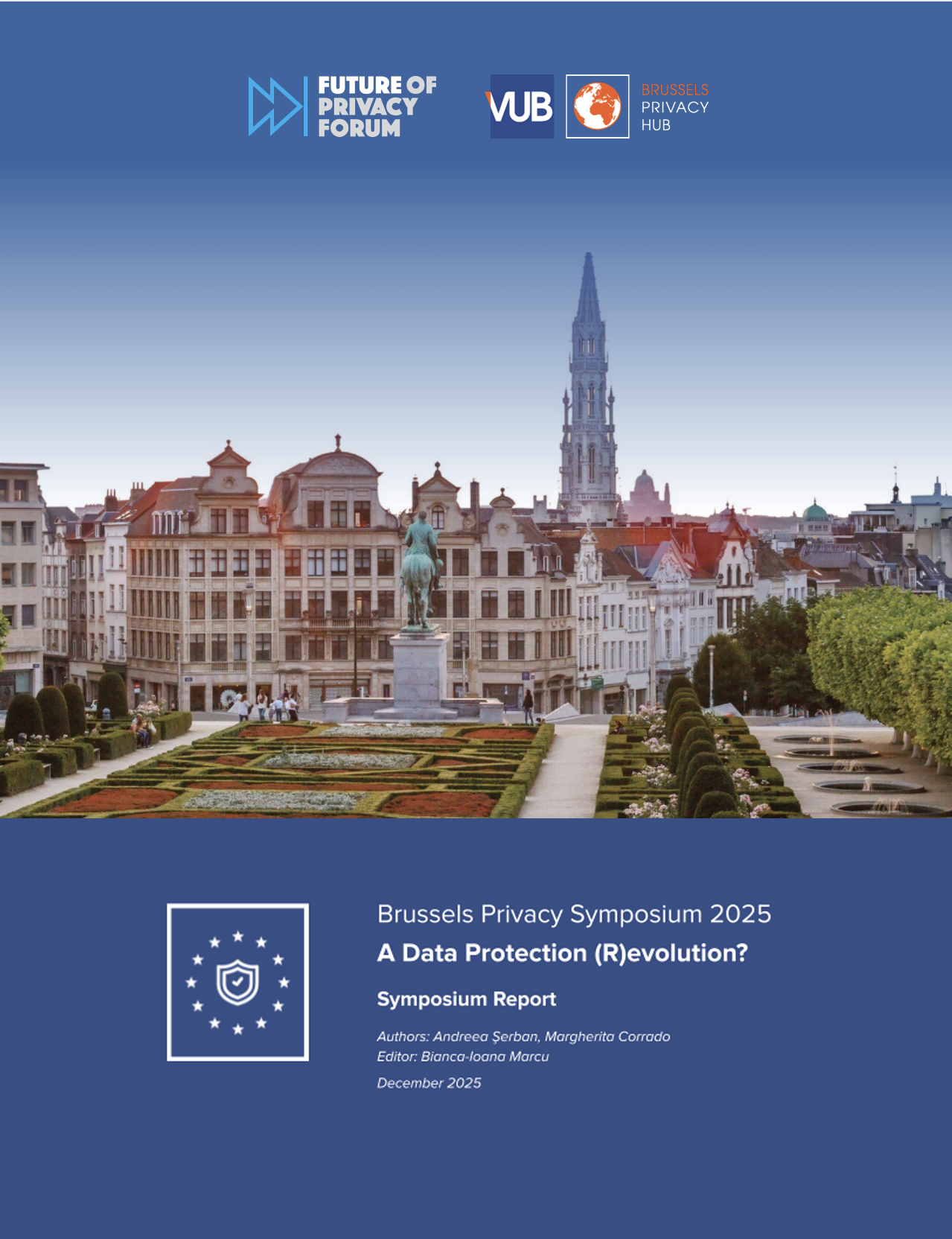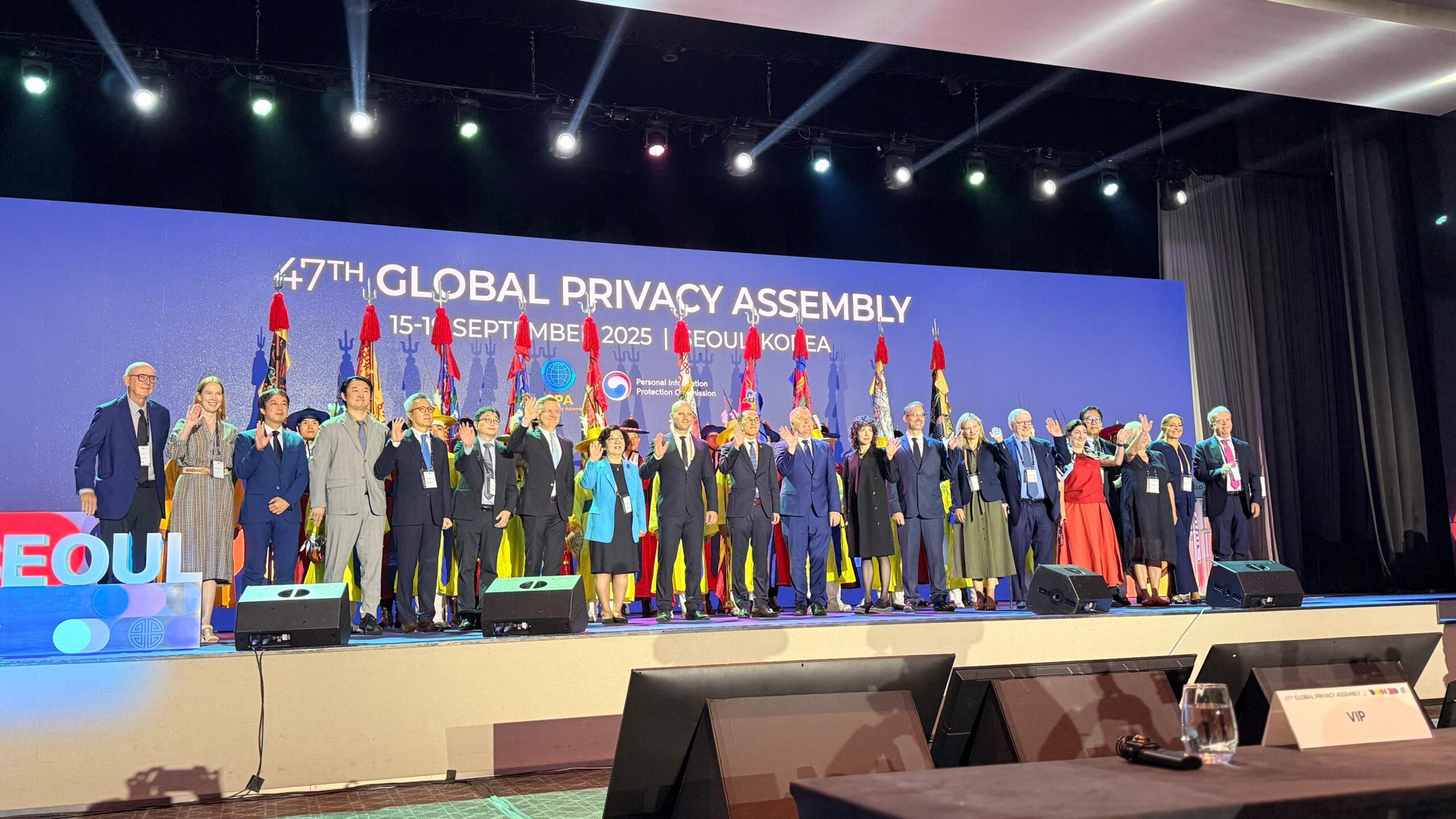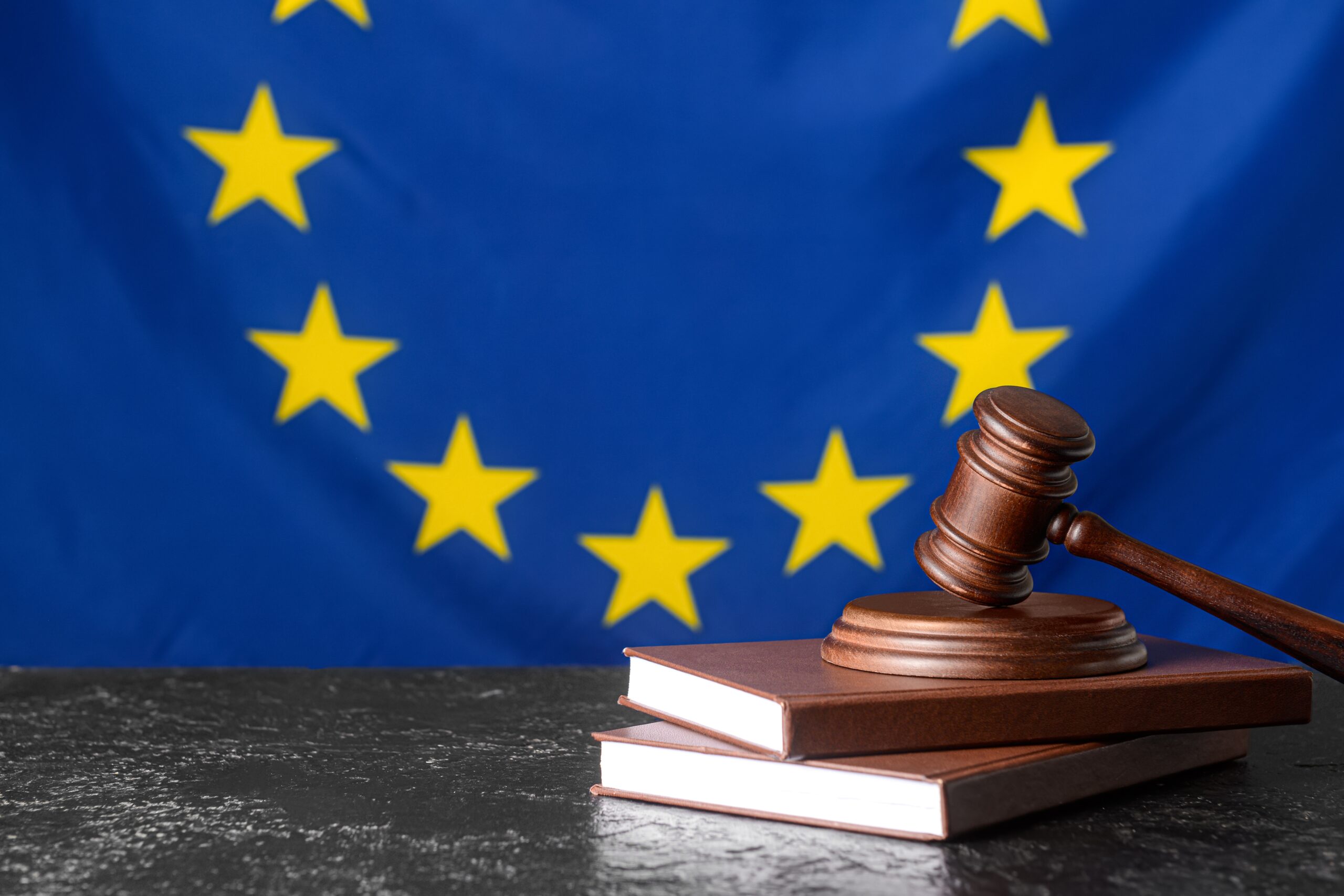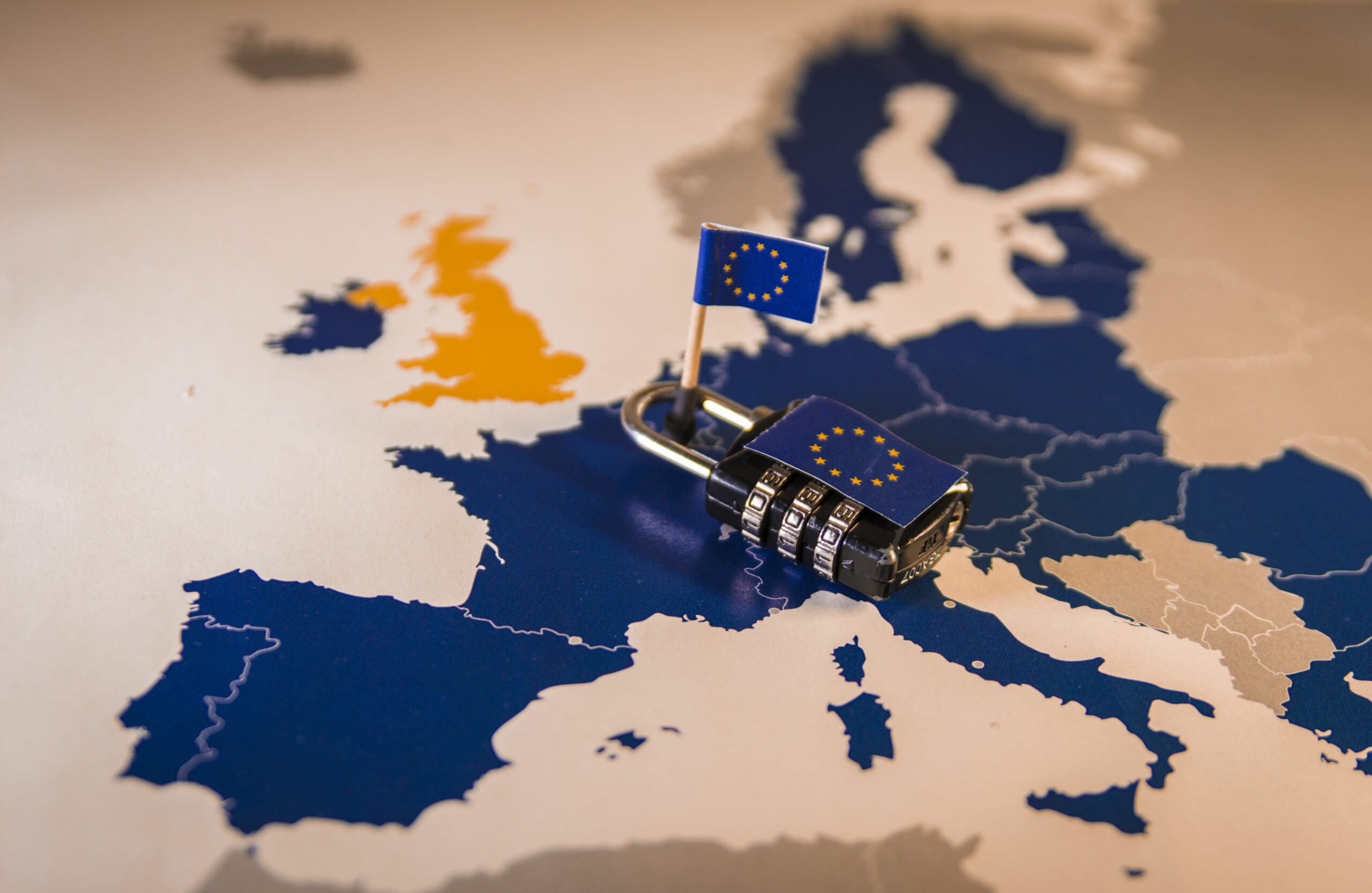2026: A Year at the Crossroads for Global Data Protection and Privacy
There are three forces twirling and swirling to create a perfect storm for global data protection and privacy this year: the surprise reopening of the General Data Protection Regulation (GDPR) which will largely play out in Brussels over the following months, the complexity and velocity of AI developments, and the push and pull over the […]
Innovation and Data Privacy Are Not Natural Enemies: Insights from Korea’s Experience
The following is a guest post to the FPF blog authored by Dr. Haksoo Ko, Professor at Seoul National University School of Law, FPF Senior Fellow and former Chairperson of South Korea’s Personal Information Protection Commission. The guest post reflects the opinion of the author only and does not necessarily reflect the position or views […]
FPF Year in Review 2025
Co-authored by FPF Communications Intern Celeste Valentino with contributions from FPF Global Communications Manager Joana Bala This year, FPF continued to broaden its footprint across priority areas of data governance, further expanding activities across a range of cross-sector topics, including AI, Youth, Conflict of Laws, AgeTech (seniors), and Cyber-Security. We have engaged extensively at the local […]
FPF Releases Issue Brief on Vietnam’s Law on Protection of Personal Data and the Law on Data
Vietnam is undergoing a sweeping transformation of its data protection and governance framework. Over the past two years, the country has accelerated its efforts to modernize its regulatory architecture for data, culminating in the passage of two landmark pieces of legislation in 2025: the Law on Personal Data Protection (Law No. 91/2025/QH15) (PDP Law), which […]
Brussels Privacy Symposium 2025 Report – A Data Protection (R)evolution?
Co-Author: Margherita Corrado Editor: Bianca Ioana-Marcu This year’s Brussels Privacy Symposium, held on 14 October 2025, brought together stakeholders from across Europe and beyond for a conversation about the GDPR’s role within the EU’s evolving digital framework. Co-organized jointly by the Future of Privacy Forum and the Brussels Privacy Hub of the Vrije Universiteit Brussel, […]
FPF releases Issue Brief on Brazil’s Digital ECA: new paradigm of safety & privacy for minors online
This Issue Brief analyzes Brazil’s recently enacted children’s online safety law, summarizing its key provisions and how they interact with existing principles and obligations under the country’s general data protection law (LGPD). It provides insight into an emerging paradigm of protection for minors in online environments through an innovative and strengthened institutional framework, focusing on […]
GPA 2025: AI development and human oversight of decisions involving AI systems were this year’s focus for Global Privacy regulators
The 47th Global Privacy Assembly (GPA), an annual gathering of the world’s privacy and data protection authorities, took place between September 15 and 19, 2025, hosted by South Korea’s Personal Information Protection Commission in Seoul. Over 140 authorities from more than 90 countries are members of the GPA, and its annual conferences serve as an […]
Rethinking Personal Data: The CJEU’s Contextual Turn in EDPS vs. SRB
Author: Cédric Burton The following is a guest post to the FPF blog authored by Cédric Burton, Partner and Global Co-Chair Data, Privacy and Cybersecurity, Wilson Sonsini Brussels. The guest post reflects the opinion of the author only and does not necessarily reflect the position or views of FPF and our stakeholder communities. FPF provides […]
The Draghi Dilemma: The Right and the Wrong Way to Undertake GDPR Reform
The following is a guest post to the FPF blog authored by Christopher Kuner, Visiting Fellow at the European Centre on Privacy and Cybersecurity at Maastricht University and FPF Senior Fellow. The guest post reflects the opinion of the author only and does not necessarily reflect the position or views of FPF and our stakeholder […]
Call for Nominations: 16th Annual Privacy Papers for Policymakers Awards
The 16th Privacy Papers for Policymakers call for submissions is now open until October 30, 2025. FPF’s Privacy Papers for Policymakers Award recognizes leading privacy research and analytical scholarship relevant to policymakers in the U.S. and internationally. The award highlights important work that analyzes current and emerging privacy issues and proposes achievable short-term solutions or […]




